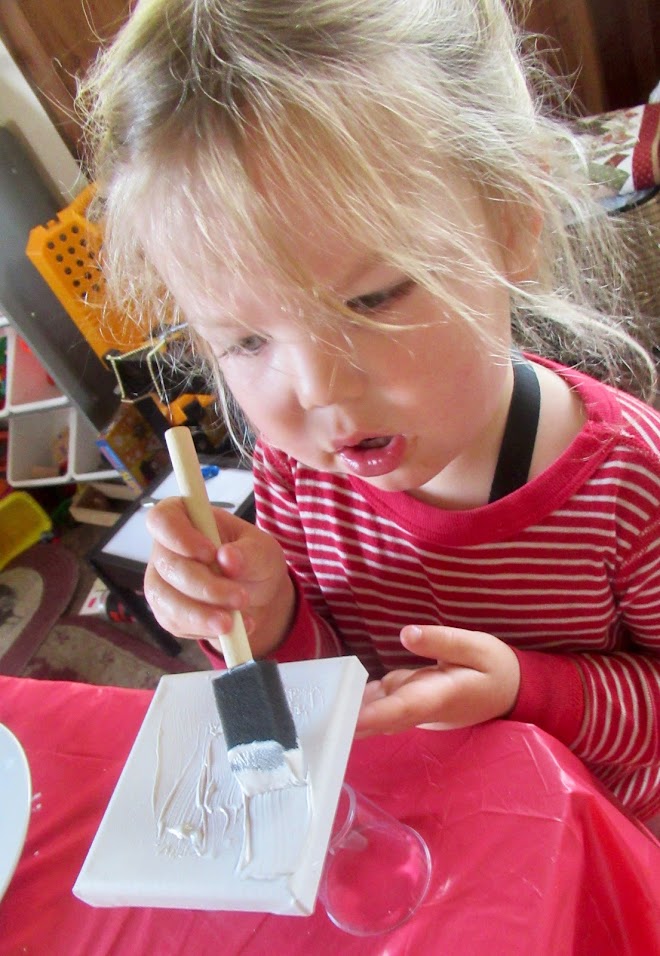Baseball Been Veddy Good to Me
This is another piece on Around the Foghorn, in which I reflect on the ongoing phenomenon of my sports writing career. In what was originally a lark, nothing more than a mere whim to write a few articles, and see how that went, has now become a fantasy dream coming true, even as I type.
From the middle of February thru the end of September, I posted somewhere in the neighborhood of 250 articles, at least a third of them coming in the form of recaps, summaries of the games played, posted within an hour or so of the end of the game.
I was pleased with my writing, and I enjoyed the exposure, carefully monitoring my page-views, more for comparison purposes, with my blog, than for any other reason. In that eight-month period, I averaged anywhere from 50 or sixty page-views, to as many as three or four hundred, per article, with a smattering of articles reaching six or seven hundred, but never any more.
Then came October and the playoffs. On the last day of September, I posted a piece called, “Giants push right button: Joe Panic,” and it blasted off to around 2,500 page-views, the first one to do so. Immediately on its heals, I wrote a piece on Pablo Sandoval, suggesting that the Giants pay him what he was asking for: 6,000 plus page-views.
One week ago today, I posted a piece called “Respect is a four-letter word: 10, 250 page-viewss and climbing. If I thought writing before was enjoyable, now it is unbearably sweet. I am even being paid now, because I am a co-editor. In case you are wondering, I won’t be jetting off to the Bahamas on $0.50 per thousand page-views, but it beats getting poked in the eye with a sharp stick.
Now, daily, if I google the player’s name I put in my headline, and San Francisco Giants, my articles are the first ones to appear at the top of the first page. What the heck is up with that? I believe it has to do with a search engine tool named "Panda Google", which is a computer which screens all possible entries, that could be featured on google, in an effort to present the ones most appealing at the top. The name of this system is Spyder.
Lest you think my ego is prancing with the celestial stars, the basis for my belief that Spyder likes my work, is the fact that the computer bases the selections it makes for first-hand perusal, on a number of factors.
First, how many people stop by Around the Foghorn to look at my work, and how long do they stay? Sites which feature cut and paste jobs, or routinely put frivolous articles for the sole purpose of getting p/v’s are duly noted by Spyder.
What Spyder is looking for, according to Fansided, are articles featuring original content, with the more exchange of comments, the better. So for months now, Spyder has been tracking my “Chinwagging” articles, and noting that readership has been climbing; folks who stop in, stay and read the article, and some of them comment. I routinely draw between four and thirty comments, with some of my readers becoming extraordinary sources of information.
Money has never been the goal. Recognition is what it’s all about, and respect for my writing. Though I never thought baseball would be the route by which I would attain said recognition, it will do for a start.
To all you who have read my stuff and come back for more, I say thank you. You are the reason our site will clear 100,000 page-views this month for the first time in its history, 73,000 of them mine, give or take a few thousand. When I think that I have been writing on my blog for three and a half years, with about 45,000 p/v’s I am amazed at the difference.
Baseball been veddy good to me.














